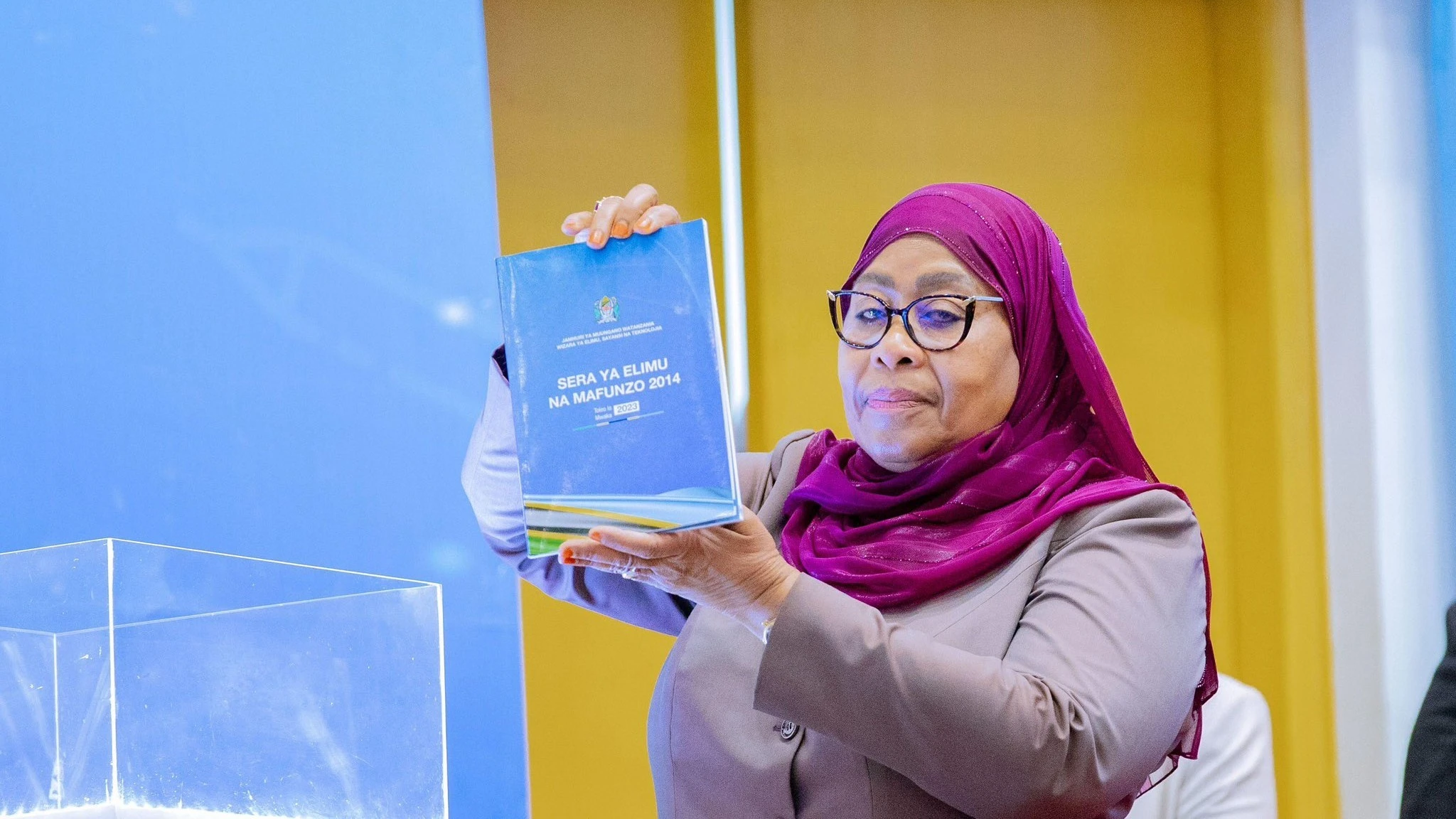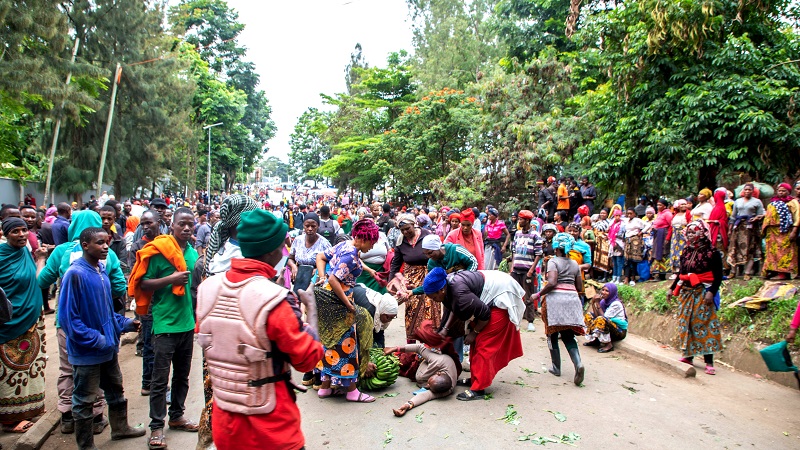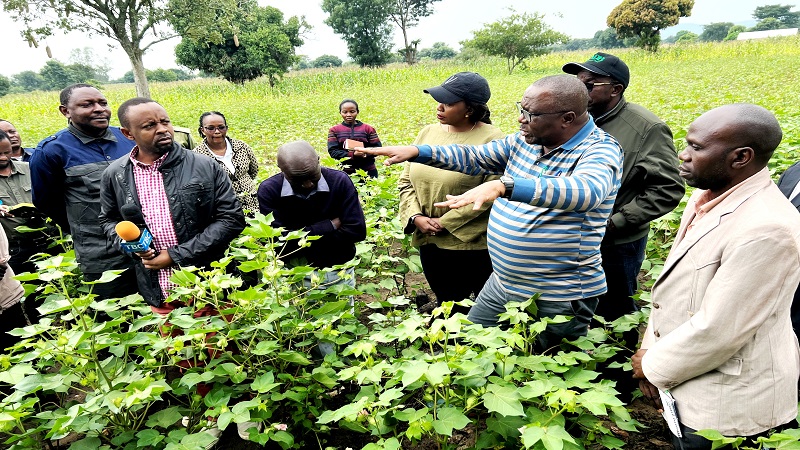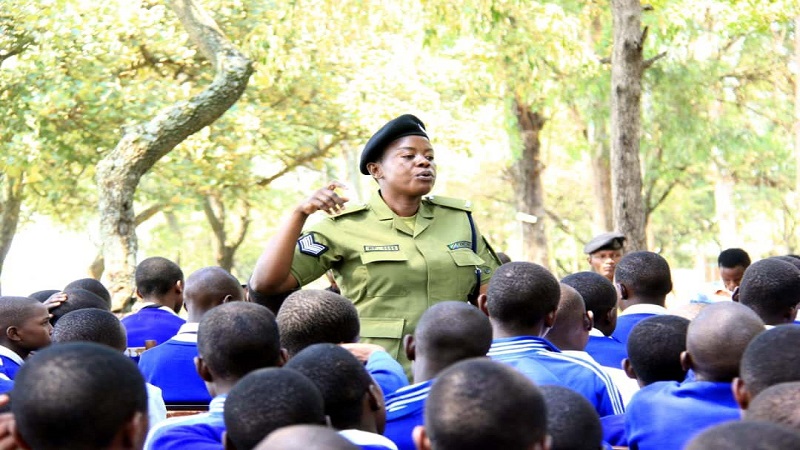HakiArdhi pushes for national dialogue on land disputes
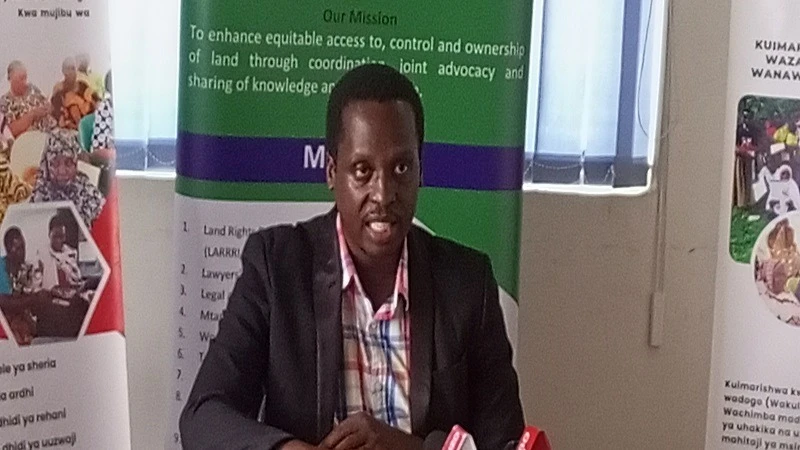
Over 200 stakeholders in the land sector are expected to participate in the 2024 National Conference on Land, Housing, and Human Settlement Development, organized by the Land Rights Research Resources Institute (HakiArdhi).
The two-day conference, co-organized with the Tanzania Land Alliance (TALA), will be held at the end of this month, coinciding with the 30th anniversary of HakiArdhi. The event will be centered on the theme: "Land and Development in Tanzania: Protection of Village Land."
Cathbert Tomitho, HakiArdhi's Executive Director, addressed journalists in Dar es Salaam, explaining that the conference will focus on six key topics, with an emphasis on rethinking the current land ownership system in Tanzania.
One of the major issues to be discussed includes the acceleration of decisions that affect small-scale producers such as pastoralists, farmers, hunters, and youth. This topic will analyze the intersections of policy, legal frameworks (Sharia), and practical applications.
"The third topic will cover new approaches to dealing with cooperative unions, while another key issue on the agenda is land grabbing in the contexts of wildlife conservation, agricultural investment, trade, and carbon markets," said Tomitho.
Other discussions will focus on land ownership, privatization, and regularization, particularly concerning rural land management and the future of land rights for small-scale producers. The integration of these producers into modern value chains will also be examined.
Tomitho highlighted the importance of this conference, noting that this year marks 29 years since the National Land Policy was introduced in 1995. Additionally, it has been 25 years since the implementation of the 1999 land laws—Land Act No. 4 and Village Land Act No. 5—which came into effect in May 2001.
"Despite these laws, land disputes remain widespread, involving conflicts between farmers and pastoralists, wildlife conservators and local communities, investors and citizens, and issues of double land allocation. These conflicts call for a unified approach to resolution," Tomitho said.
The conference aims to generate actionable resolutions that can guide the government in continuing to implement the recommendations of the 1991 Presidential Commission of Inquiry on land issues.
One critical recommendation is reducing the government’s absolute power in land management, which has sometimes undermined the decisions made at village meetings, local councils, the national parliament, and the National Land Commission.
"We will stress the importance of including a specific chapter in the constitution on land, resources, and the environment to enhance protections for these critical national assets," Tomitho added.
Top Headlines
© 2025 IPPMEDIA.COM. ALL RIGHTS RESERVED











